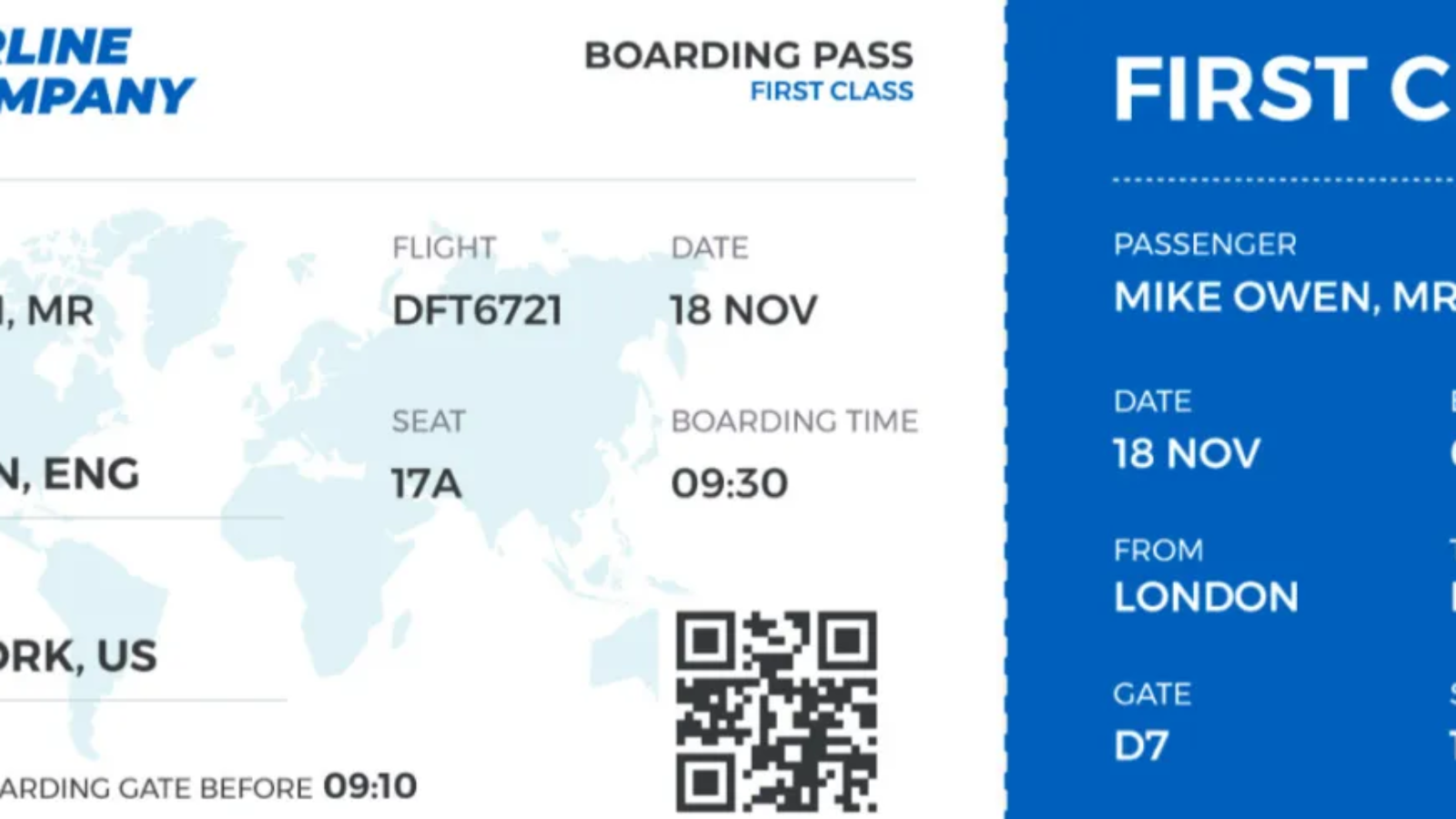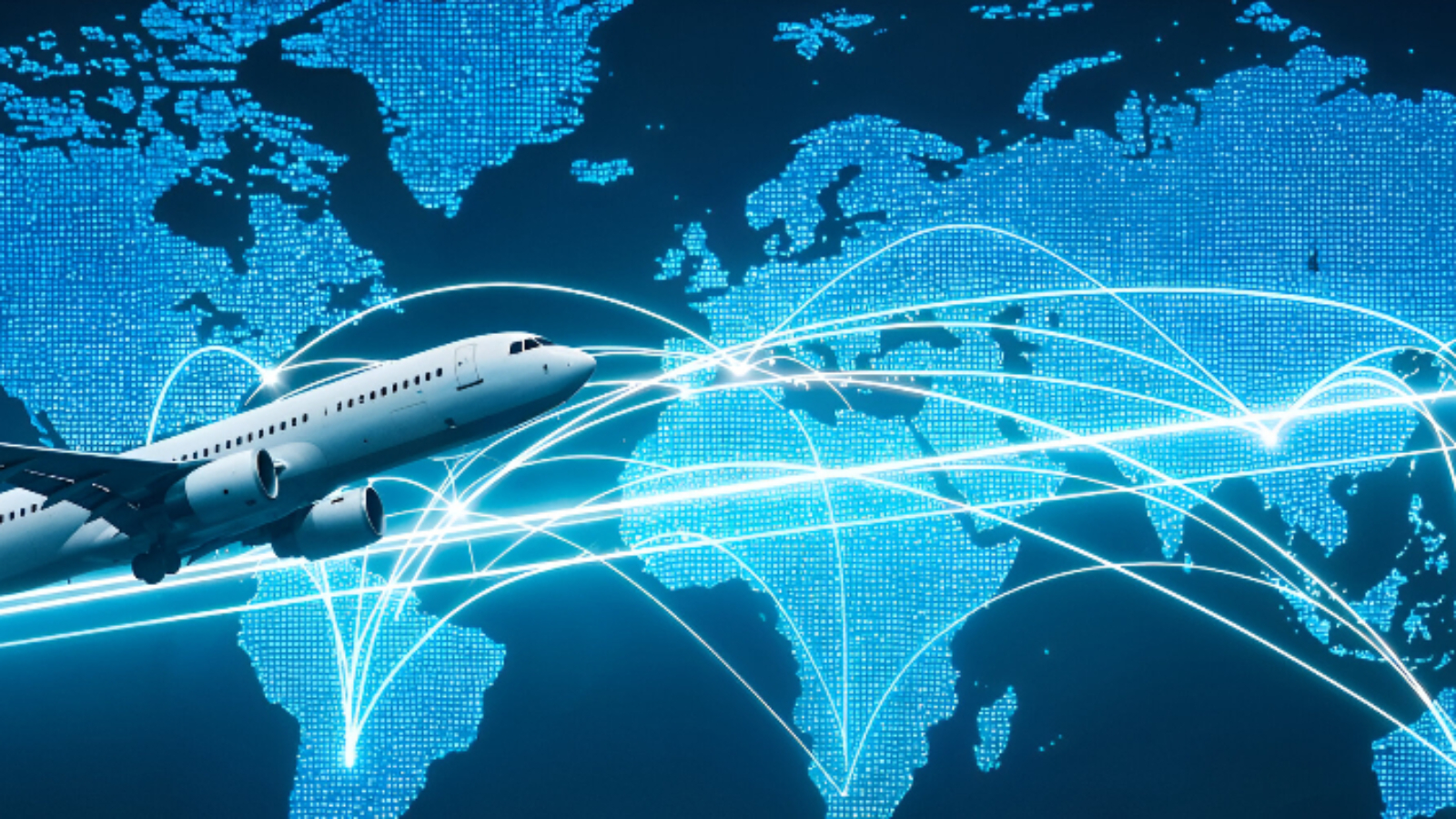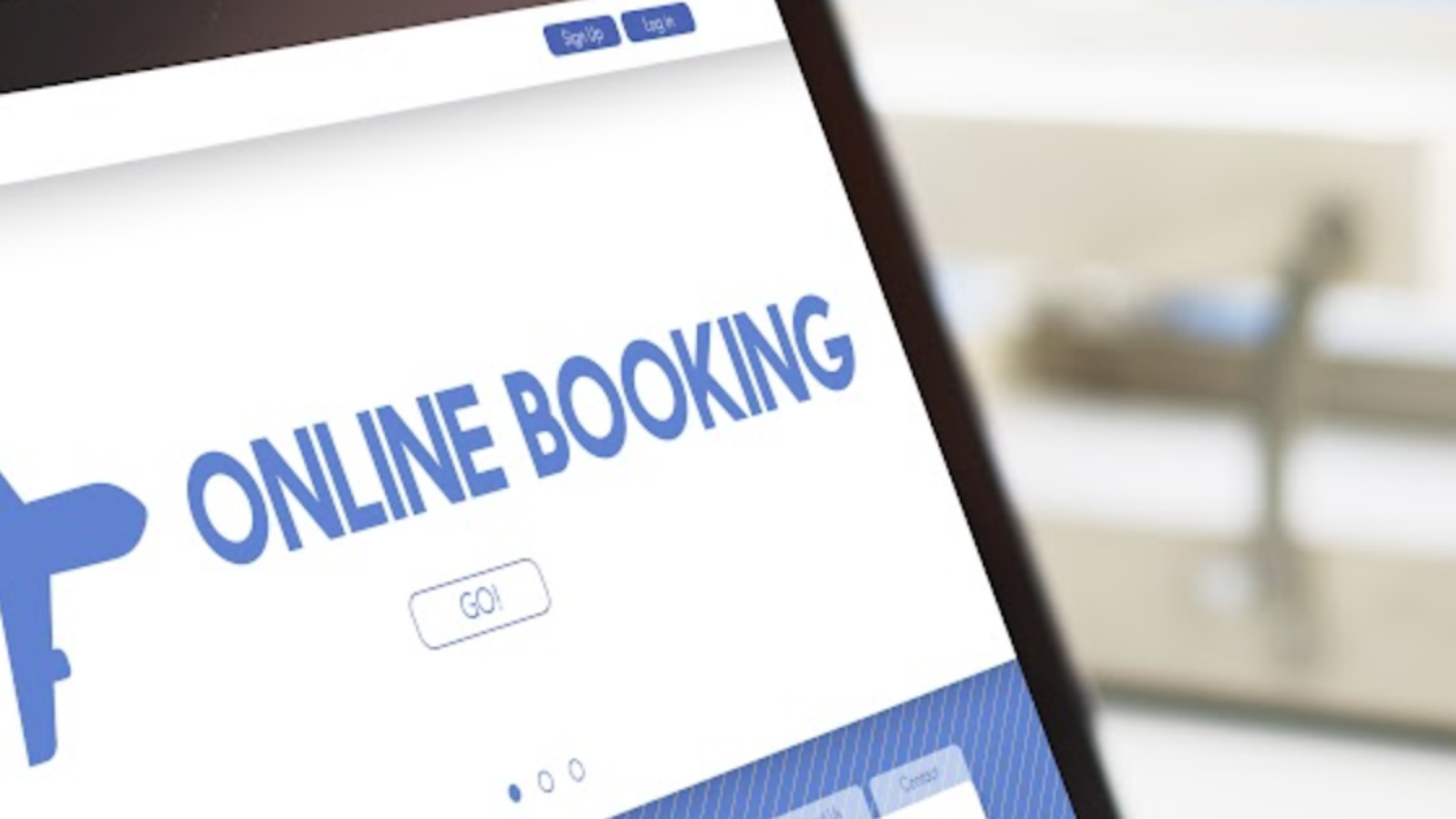Key Takeaways:
- A Global Distribution System (GDS) is a powerful software platform that serves as a centralized hub connecting travel agencies with airlines, hotels, car rentals, and other travel services, enabling agents to book complex travel arrangements quickly and efficiently.
- The top GDS platforms Amadeus, Sabre, Travelport, and Apollo provide travel professionals with extensive global inventory, real-time pricing, and advanced booking tools that cater to both leisure and corporate travel needs.
- Unlike consumer-facing Online Travel Agencies (OTAs), GDS systems are designed specifically for travel professionals, offering advanced customization, detailed reporting, and the ability to manage intricate multi-city and last-minute travel itineraries.
- GDS platforms are essential for travel agencies because they provide instant access to a global inventory of travel services, offer real-time updates on availability and pricing, and help agents secure exclusive deals and promotions for their clients.
What Is a GDS Software?
A GDS is a platform that connects travel agencies to airlines, hotels, car rentals, and more.
It’s like a matchmaker for the travel industry. Travel agents use it to find and book everything in one place.
Imagine you’re a travel agent planning a multi-city trip. Instead of switching between websites, you use the GDS. In seconds, you can compare flights, book hotels, and arrange a car rental.
The beauty of a GDS lies in its efficiency. By centralizing access to travel inventory, it eliminates the need to hop between platforms, saving time and energy for both agents and clients.
What Is the History of the GDS System?
The journey of Global Distribution System (GDS) software is an interesting one, shaped by the growth and transformation of the travel industry. To understand where GDS software is today, we need to look back at how it all started and evolved over time.
Before GDS became the powerhouse of travel booking, it had humble beginnings. Let’s explore how it all unfolded:
Timeline | Event | Description |
1960s | The Birth of Computerized Reservation Systems (CRS) | Airlines needed to handle growing ticket sales and improve booking efficiency. This led to the creation of CRS. |
1964 | SABRE System Launched | American Airlines launched the SABRE system, allowing travel agents to access flight schedules and book tickets electronically. |
1970s | Expansion Beyond Airlines | Other airlines and travel suppliers started adopting CRS technology to handle hotel bookings, car rentals, and more. |
1980s | Emergence of Global Distribution Systems (GDS) | CRS evolved into full-fledged GDS systems, connecting multiple travel services like airlines, hotels, and car rentals. |
1990s | Widespread Adoption and Integration | GDS platforms like Amadeus, Sabre, and Galileo became key players, integrating global travel inventory and allowing agents to manage bookings seamlessly. |
2000s and Beyond | Digital Transformation and Modernization | GDS platforms expanded to integrate with online travel agencies (OTAs), offering broader service options and real-time updates. |
Top 4 Major GDS Systems
Not all GDS platforms are created equal. While there are several GDS options available, a few major players dominate the industry. These systems are widely recognized for their unique features and the specific benefits they offer to travel agents and agencies.
Let’s take a closer look at the top four GDS systems and how they stand out.
1. Amadeus GDS
Amadeus is one of the most widely used GDS platforms globally. It is known for its extensive global reach, making it a top choice for travel agencies that deal with international bookings.
With access to over 400 airlines, more than 500,000 hotels, car rental services, and a variety of other travel services, Amadeus covers nearly every aspect of the travel ecosystem.
What sets Amadeus apart is its robust technological capabilities. The platform allows agencies to customize bookings, manage complex itineraries, and offer personalized services to clients.
It also provides real-time access to flight availability, pricing, and hotel bookings, ensuring that agents are always working with the most accurate and up-to-date information.
2. Sabre GDS
Sabre is another major player in the GDS world, particularly well-known for its strong presence in corporate travel. Its advanced tools and solutions are tailored for businesses, offering powerful features that help streamline complex travel arrangements, such as multi-city bookings and frequent last-minute changes.
Sabre’s integrated platform allows travel agents to manage bookings for flights, hotels, and rental cars efficiently. Its real-time pricing and availability data, coupled with customizable search filters, make it easier for agents to find and book the best deals for their corporate clients.
Additionally, Sabre provides comprehensive reporting tools, making it easier for travel managers to keep track of travel expenses and adhere to corporate policies.
3. Travelport (Galileo & Worldspan)
Travelport is another dominant GDS provider, offering two major platforms: Galileo and Worldspan. These systems give travel agents unparalleled access to global inventory and competitive pricing. Travelport connects users to a massive network of travel suppliers, including airlines, hotels, and car rental agencies.
What makes Travelport particularly appealing is its extensive global reach, allowing agencies to access travel content from around the world, including exclusive deals and promotions.
The system also integrates with multiple third-party applications, such as CRM systems, payment gateways, and accounting tools, which helps improve operational efficiency for agencies.
4. Apollo GDS
Apollo GDS, a key player in North America, offers tailored solutions for the region while maintaining a strong global presence. Apollo is particularly known for its user-friendly interface and speed, allowing travel agents to make bookings quickly and efficiently.
It connects agents to various travel services, such as airline tickets, hotels, and rental cars, making it an ideal choice for both leisure and business travel agencies.
Though it is most popular in North America, Apollo has the global functionality needed to cater to international travel. Its booking features are simple yet effective, with a focus on making travel arrangements hassle-free for agents and clients.
Amadeus Vs Sabre Vs Travelport Vs Apollo
To better understand the differences between these leading GDS platforms, here’s a comparison table highlighting the key features and benefits of each:
Feature | Amadeus GDS | Sabre GDS | Travelport (Galileo & Worldspan) | Apollo GDS |
Global Reach | Extensive, with access to over 400 airlines and 500,000 hotels worldwide. | Strong, especially in corporate travel, with access to a broad range of services. | Wide-reaching, offering inventory from around the world, including exclusive deals. | Primarily North America, but with global capabilities. |
Corporate Travel Tools | Great for both leisure and corporate bookings. | Highly specialized for corporate travel, with tools to manage complex itineraries. | Versatile for both leisure and business, with a focus on competitive pricing. | Well-suited for both leisure and business bookings, especially in North America. |
Real-Time Data | Offers up-to-date flight and hotel availability, pricing, and schedules. | Provides real-time data, including prices, availability, and changes for corporate clients. | Real-time updates on pricing, availability, and schedules, with global access. | Provides real-time access to bookings for flights, hotels, and rental cars. |
Customization Options | Offers high customization for both leisure and corporate clients. | Allows customization for corporate clients, particularly around policy compliance. | Customizable search filters and tools to manage large-scale bookings. | Streamlined but customizable for North American market needs. |
Technological Features | Known for its advanced technology and user-friendly interface. | Offers powerful technology designed for corporate travel. | Integration with third-party tools, enhancing operational efficiency. | Simple interface with fast booking features. |
Reporting & Analytics | Offers detailed reports and analytics for agencies to optimize business. | Comprehensive reporting tools tailored for corporate clients. | Robust reporting tools to track spending and optimize bookings. | Basic reporting tools suited for quick analysis. |
These four GDS platforms Amadeus, Sabre, Travelport, and Apollo each have their strengths. Whether you’re looking for a global solution, a tool tailored to corporate travel, or a fast, user-friendly interface for North America, there’s a GDS system that suits your needs.
Understanding these differences will help travel agencies choose the right platform to enhance their operations and better serve their clients.
How Does a GDS Software Work?
Understanding the mechanics behind GDS software can be fascinating. Here’s a quick breakdown:
- Connecting with Suppliers: Airlines, hotels, and other travel service providers upload their inventory and pricing to the GDS. Think flight schedules, room availability, or car rental options.
- Data Consolidation: The GDS gathers all this information, organizes it, and makes it easily searchable.
- The Booking Process: Travel agents browse through the options, pick what works best for their client, and book it directly. The GDS updates the inventory in real-time to reflect the booking.
- Payment & Confirmation: Once a booking is made, payments are processed securely, and confirmations are sent to both the agent and the supplier.
In essence, GDS software acts as a bridge between travel suppliers and the agencies or businesses that use their services.
Why Is GDS Important for Travel Agencies?
For many travel agencies, a GDS isn’t just a helpful tool it’s essential. Here’s why:
- Access to Centralized Inventory: GDS platforms give agencies access to a global inventory of flights, hotels, and more. Need a hotel room in Tokyo? Or a flight to Buenos Aires? It’s all there.
- Real-Time Updates: Pricing, availability, and schedules update instantly, ensuring agents always have the most accurate information.
- Efficiency for Complex Bookings: Whether it’s a multi-city business trip or a last-minute family vacation, a GDS simplifies the process of automated travel booking.
- Better Deals: Many platforms offer exclusive rates and promotions that agencies can pass along to their clients.
For corporate travel agencies, these systems are even more indispensable, offering tools that handle everything from last-minute changes to detailed reporting on travel expenses.
GDS vs. OTAs: What’s the Difference?
You might be asking, “With popular platforms like Expedia and Booking.com, why should travel agencies bother with a Global Distribution System (GDS)?”
The answer lies in the fundamental difference between OTAs and GDS systems. While both play essential roles in the travel industry, they cater to different audiences and needs.
Online Travel Agencies (OTAs) are consumer-facing platforms designed for individual travelers. They allow users to book flights, hotels, car rentals, and vacation packages directly. OTAs are user-friendly, offering an easy and streamlined booking experience for those planning their own trips.
On the other hand, Global Distribution Systems (GDS) are designed for travel professionals, including agents, corporate travel managers, and booking platforms. GDS systems provide the tools needed to manage complex itineraries, offer customized travel packages, and access better deals through exclusive supplier relationships.
Here’s a breakdown of the key differences between GDS and OTAs:
Feature | GDS (Global Distribution System) | OTA (Online Travel Agency) |
Target Audience | Travel professionals, agencies, corporate travel managers. | Individual travelers. |
Booking Complexity | Handles complex, multi-component bookings like corporate travel or custom itineraries. | Primarily for simple bookings like flights, hotels, and rentals. |
Customization | Offers advanced customization for travel agents and businesses, including tailored packages. | Basic customization, limited to filters like price and location. |
Access to Deals | Provides access to exclusive rates, negotiated deals, and global inventory. | Public deals that are available to consumers. |
Real-Time Inventory | Real-time updates on flight schedules, hotel availability, car rentals, and other services. | Also provides real-time updates, but more focused on consumer-facing information. |
Technological Integration | Integrates with third-party tools, including CRM, payment gateways, and accounting systems. | Primarily designed for self-service booking by consumers. |
Reporting & Analytics | Offers detailed reporting tools for agencies to manage travel spending and performance. | Basic reporting focused on user preferences and trends. |
Service Level | High-touch service, often with agent assistance for booking changes or cancellations. | Self-service booking with limited customer support. |
While both GDS and OTAs serve vital roles in the travel ecosystem, the key difference lies in who they are designed for. OTAs like Expedia and Booking.com are designed for the consumer market, offering easy and direct access to travel services for individual travelers.
GDS platforms, on the other hand, are sophisticated systems created for travel professionals. They provide advanced tools for managing complex bookings, accessing exclusive deals, and offering a higher level of service and customization.
For agencies looking to handle large volumes of bookings, especially in the corporate or group travel sector, GDS platforms are indispensable.
In short, OTAs are great for personal travel planning, while GDS systems are essential for professionals in the travel industry looking to manage more intricate and high-demand itineraries.
Frequently Asked Questions
What’s the primary purpose of a GDS?
A GDS connects travel agencies with suppliers, streamlining the booking process and providing real-time inventory and pricing.
Who uses GDS platforms?
Travel agents, corporate travel managers, and booking platforms are the primary users.
Can small agencies benefit from GDS?
Yes! Even boutique agencies gain access to global inventory and competitive pricing.
How do GDS systems differ from OTAs?
While OTAs are consumer-facing, GDS platforms are built for professional travel agents and agencies.
Are GDS systems still relevant today?
Yes, particularly for corporate travel and complex bookings where efficiency and flexibility are critical.
The Key to Streamline Your Travel Business
Global Distribution Systems are the unsung heroes of the travel world. They streamline operations, provide real-time data, and empower agencies to deliver top-notch service. Whether you’re a corporate travel manager or a leisure travel specialist, investing in a GDS system is a no-brainer.
By leveraging the power of GDS software, you’ll not only stay competitive but also create unforgettable experiences for your clients. So, if you’re ready to take your agency to the next level, now’s the time to embrace the future of travel technology.
Ready to enhance your travel operations? Let’s schedule a personalized demo and discover how our solutions can streamline your business and improve your client offerings.











